
Counter Ambush Concepts: Preparing Your Response Session 4: Preparation: Readiness vs. Anticipation
Rob PincusThis session covers the subtle but incredibly important differences between Readiness and Anticipation. Often, when discussing self-defense preparations, people confuse the two and this session will reveal how you can avoid making this tragic mistake that leads to complacency, overconfidence and a failure to train in a context that represents a Counter Ambush approach.
Explore videos by Rob Pincus
You may be interested in
Premium Membership
Unlock exclusive member content from our industry experts.
- 24/7 Access to Premium Personal Defense and Firearm Training Videos and Drills
- Step-by-Step Instructional Demos and Guides
- 50% Off Video Downloads Purchased in the Personal Defense Network Shop
- Access to Ask the Expert Program
Unlock exclusive member content from our industry experts.
- 24/7 Access to Premium Personal Defense and Firearm Training Videos and Drills
- Step-by-Step Instructional Demos and Guides
- 2 Full-Length Video Downloads to Watch Offline
- 50% Off Video Downloads Purchased in the Personal Defense Network Shop
- Access to Ask the Expert Program
Gold Membership
$340 Value
Get everything included in Premium plus exclusive Gold Membership benefits.
- 24/7 Access to Premium Personal Defense and Firearm Training Videos and Drills
- Step-by-Step Instructional Demos and Guides
- 9 Full-Length Video Downloads to Watch Offline
- 2 Full-Length Personal Defense Classes to Keep for Life
- 2 In-Depth Skill Development Presentations
- Discounts on Purchase-to-Own Content in the Personal Defense Network Shop
- Access to Ask the Expert Program
- Exclusive GOLD LIVE Streaming Events
Get exclusive premium content! Sign up for a membership now!
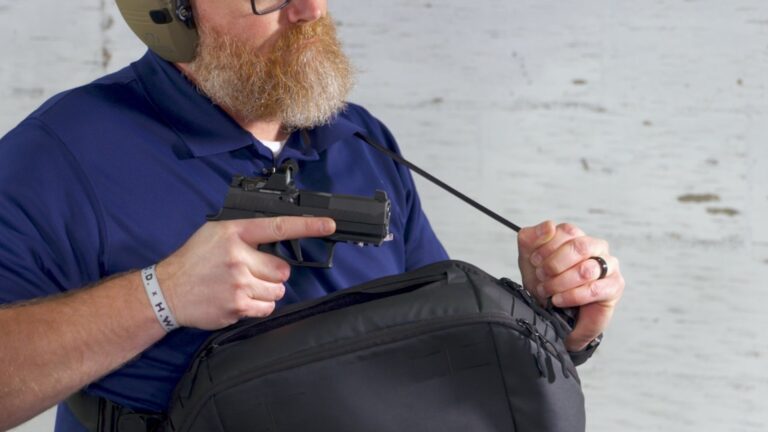
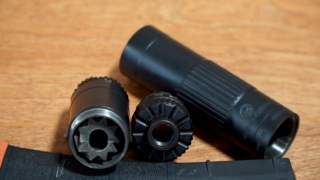
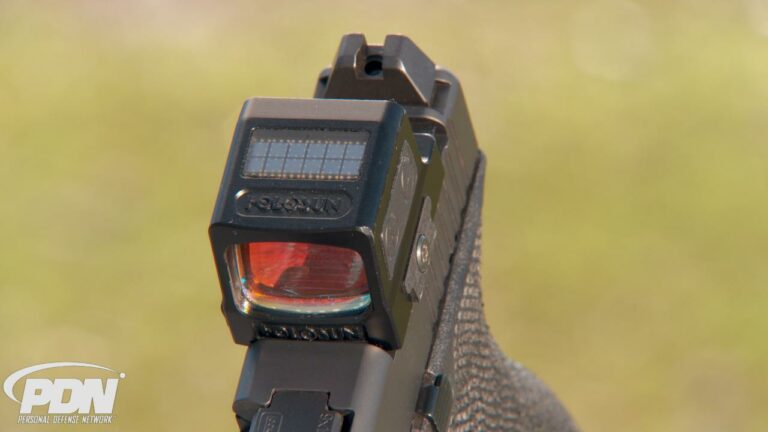
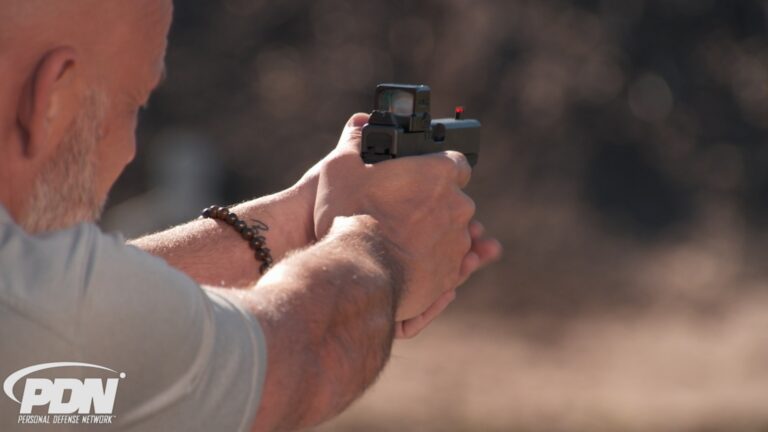

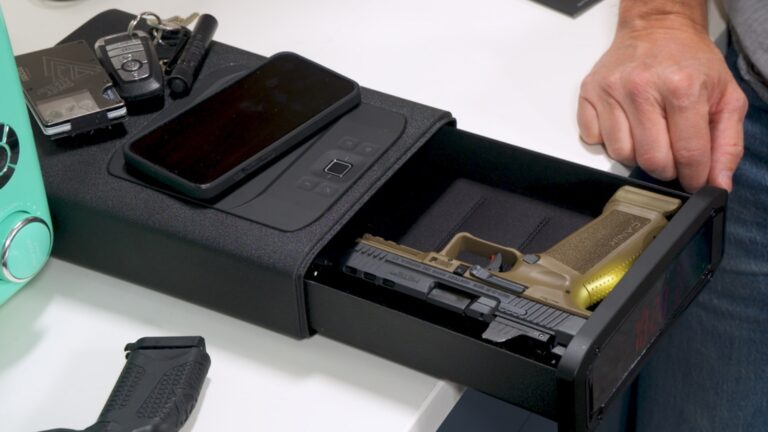
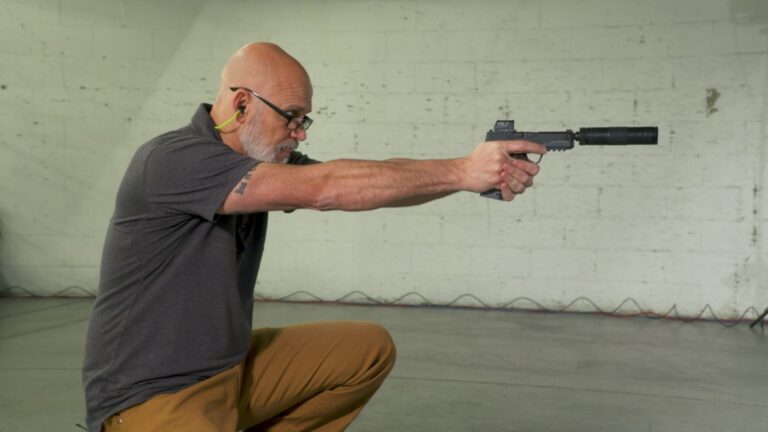
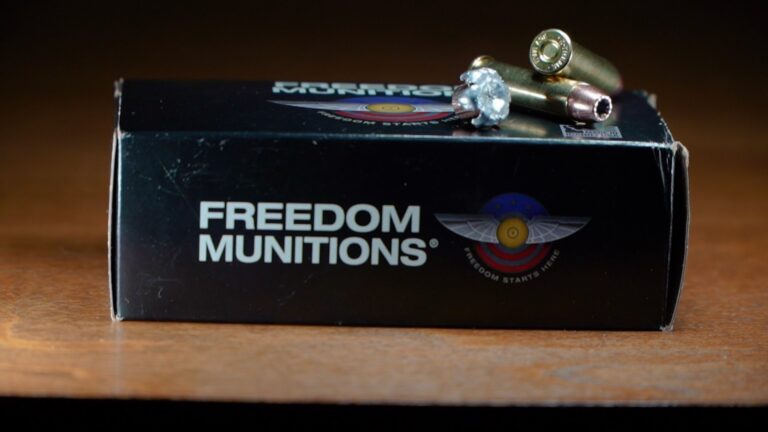
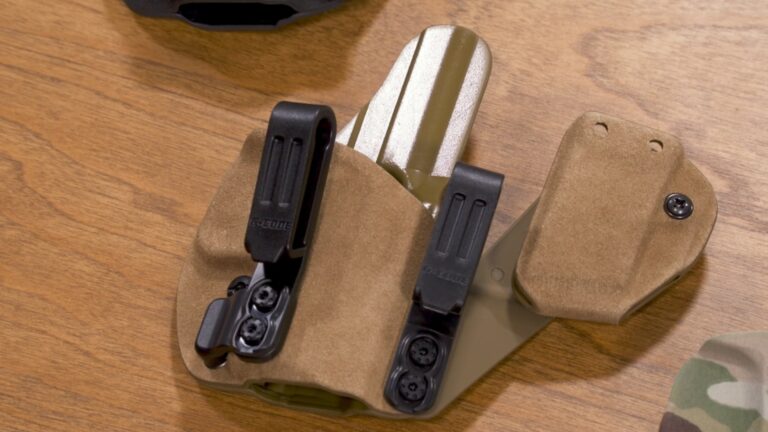

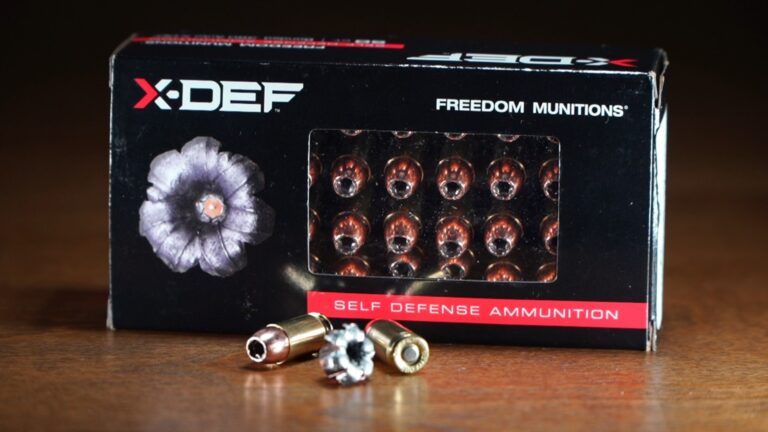
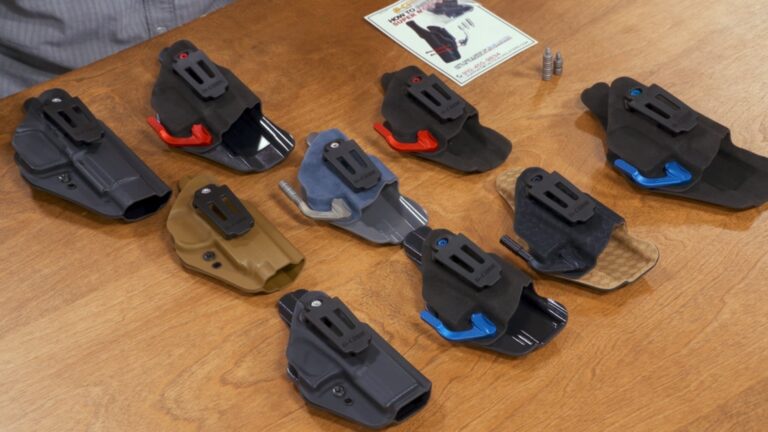
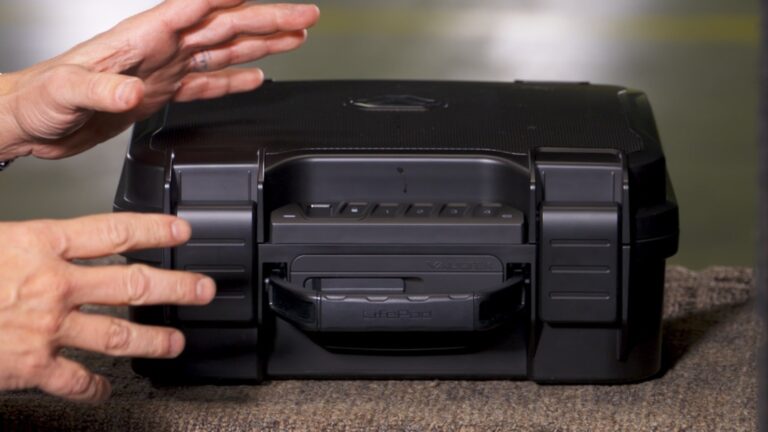
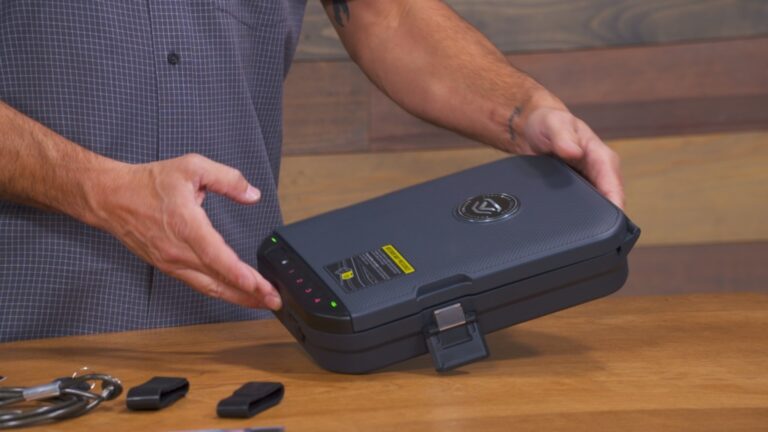
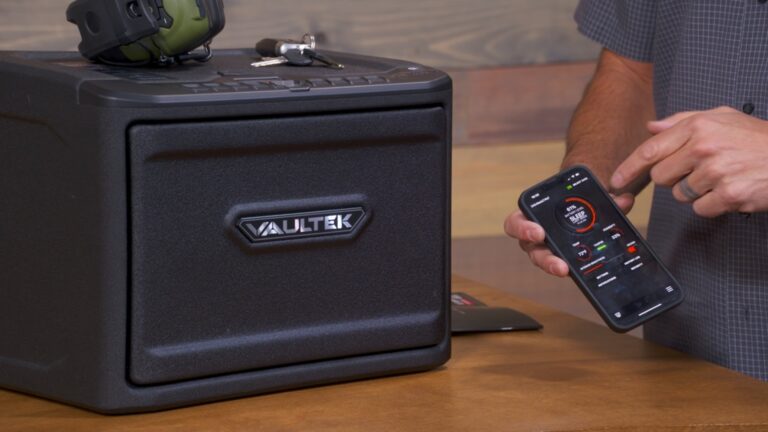
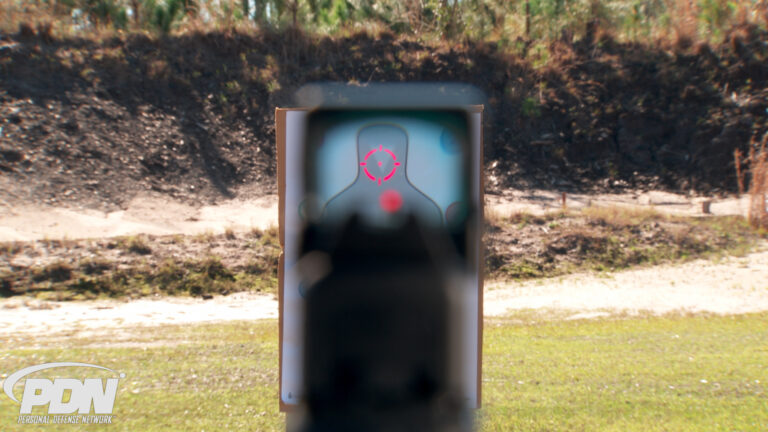
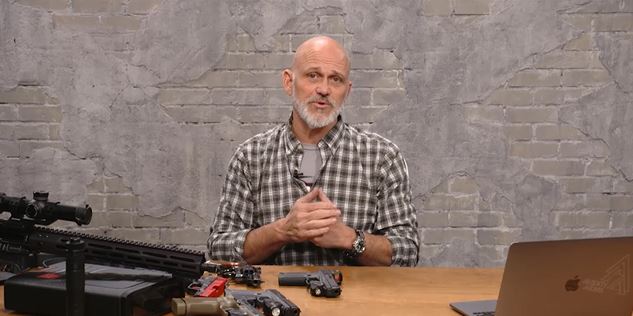
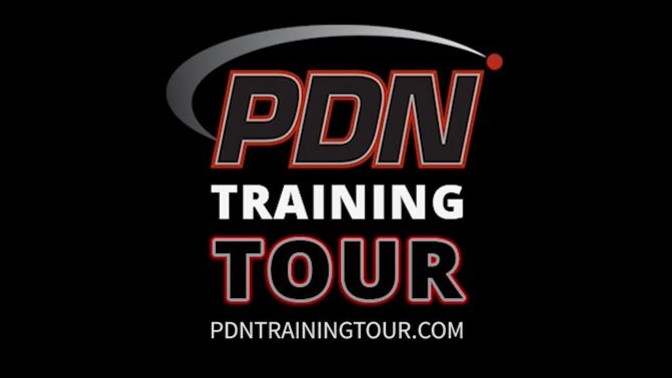
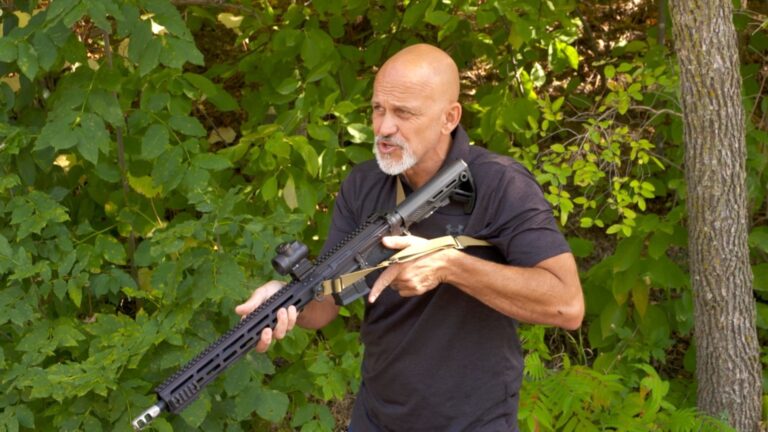
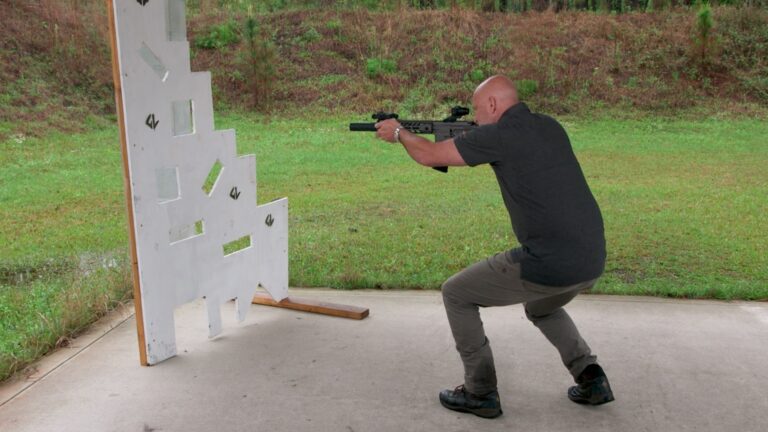
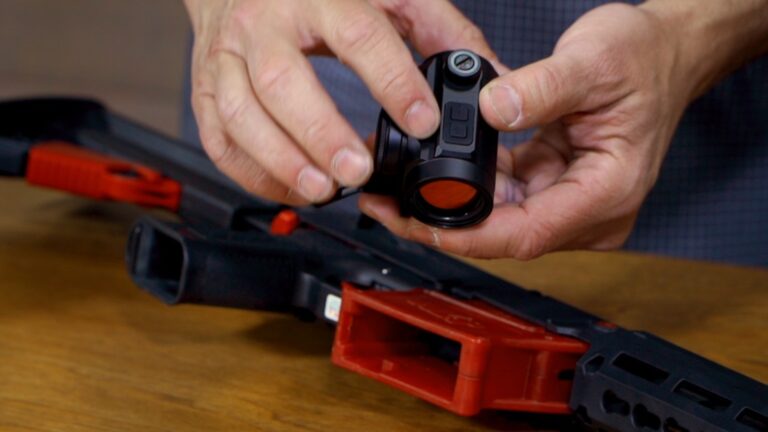
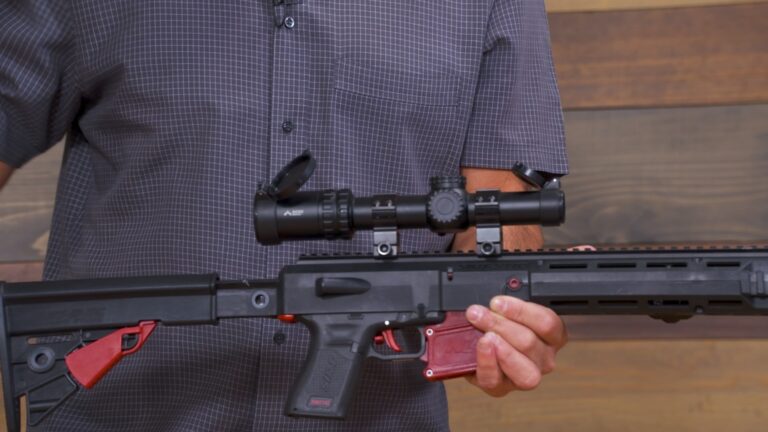
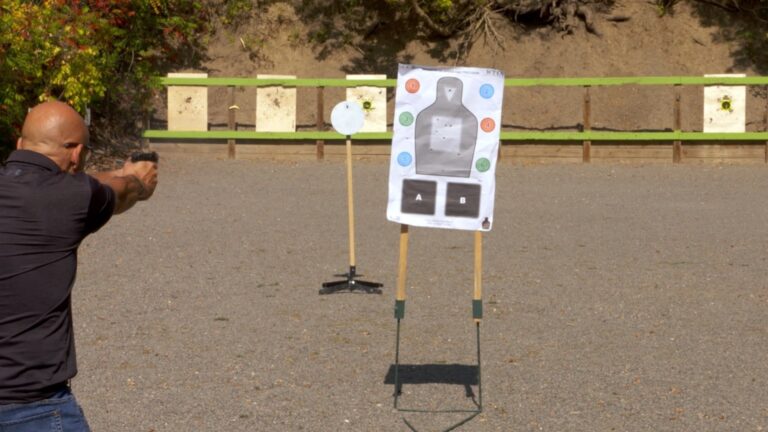
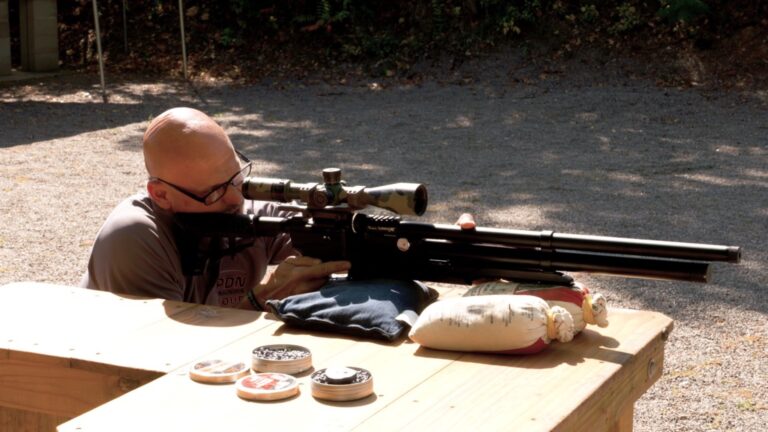
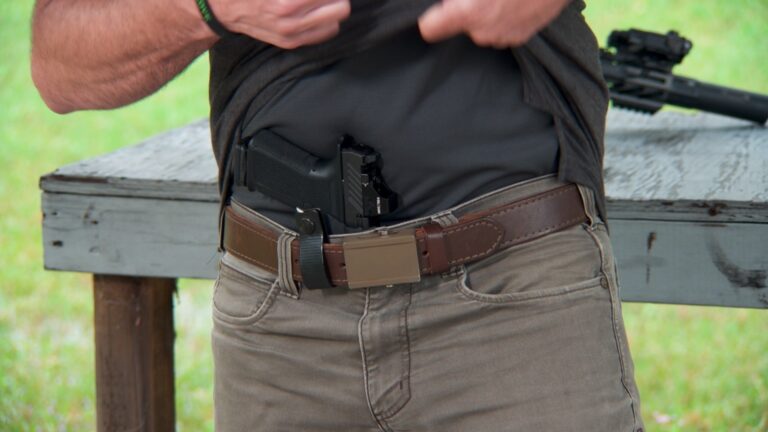
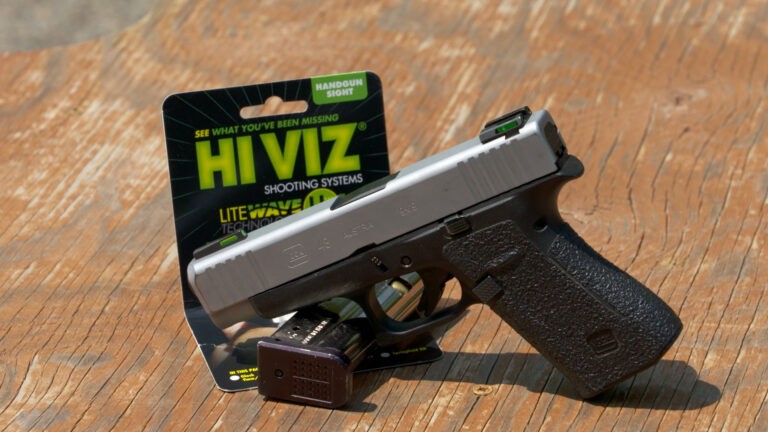
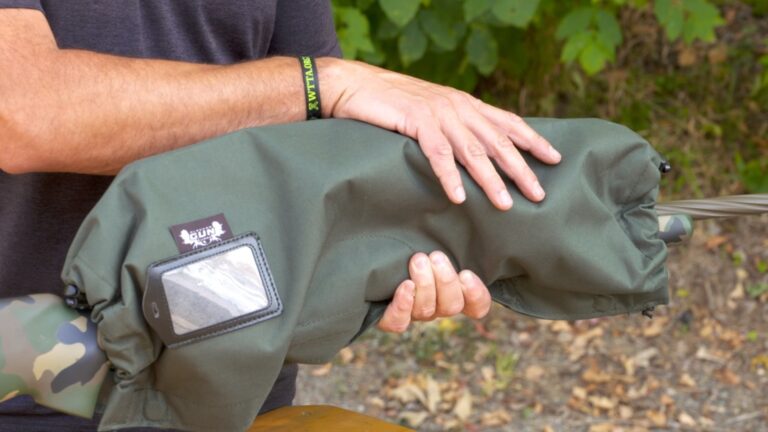
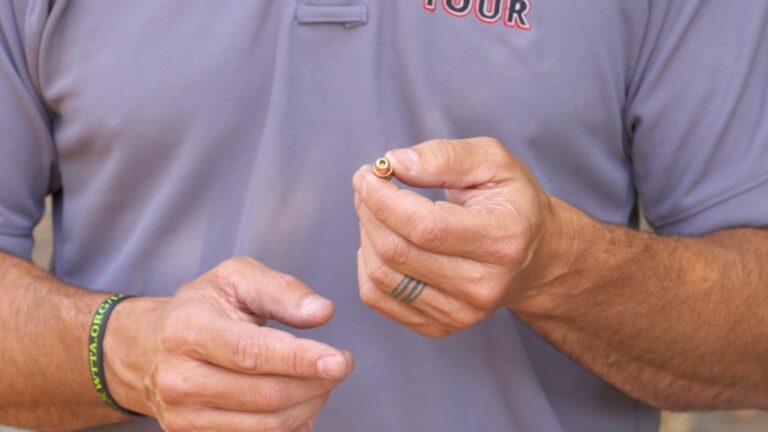

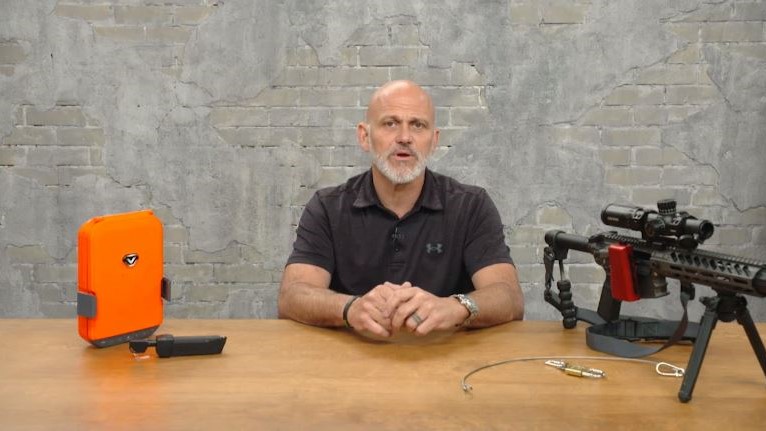
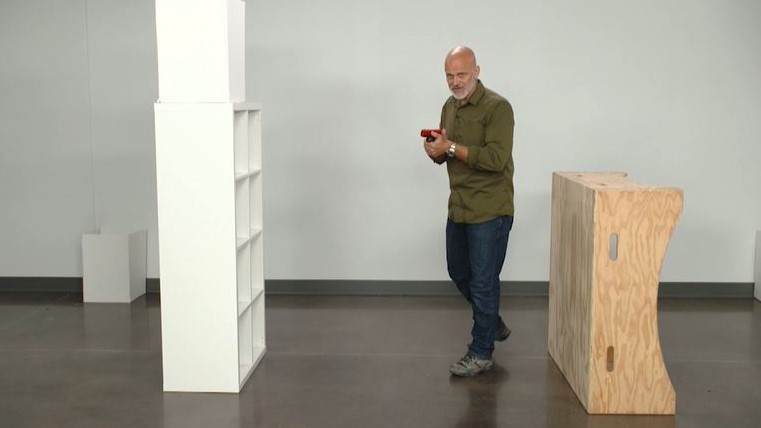
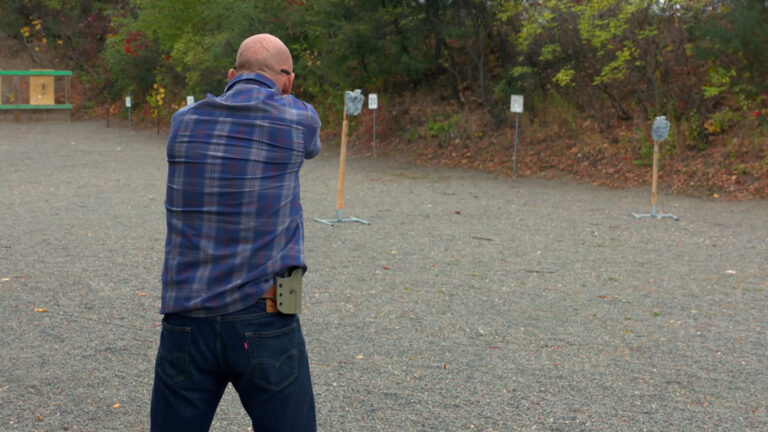
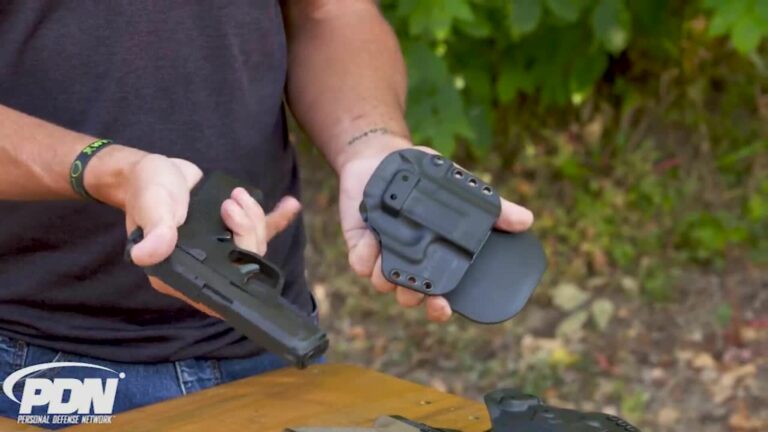
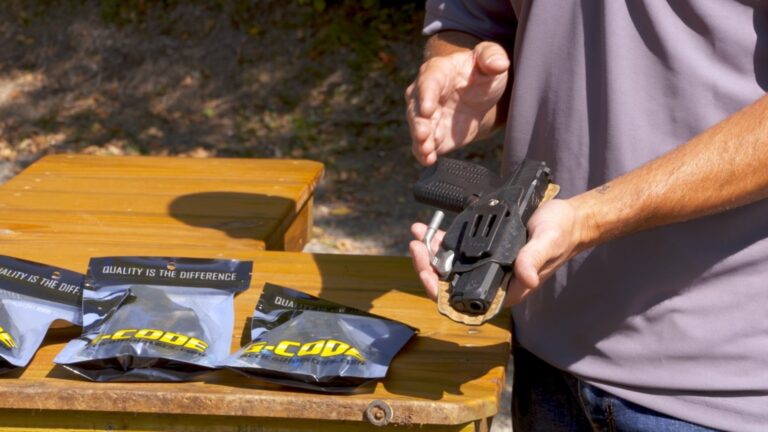
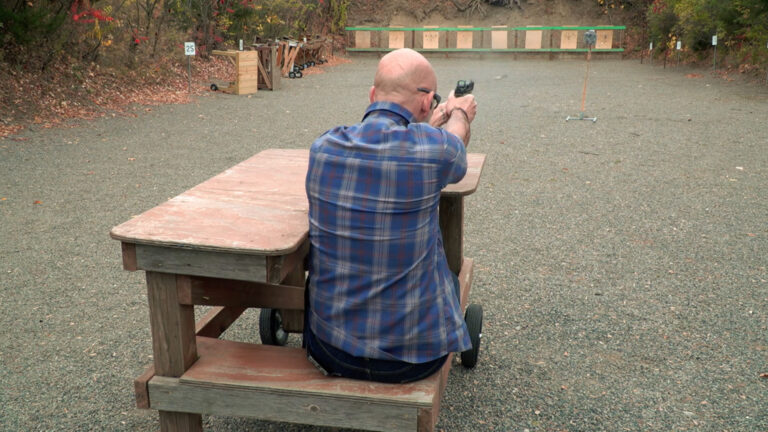
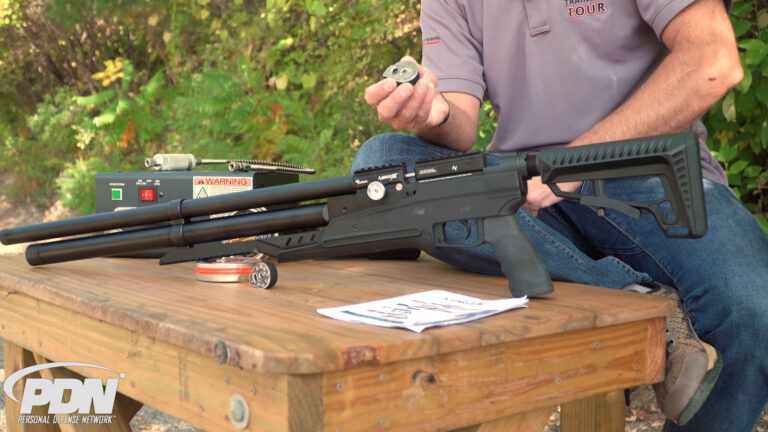

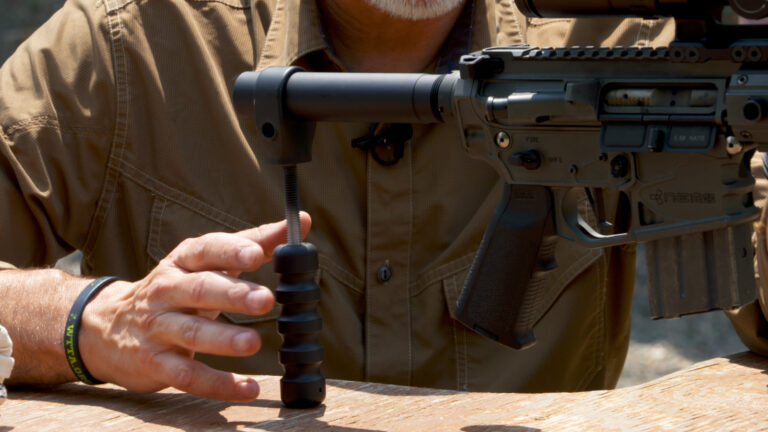
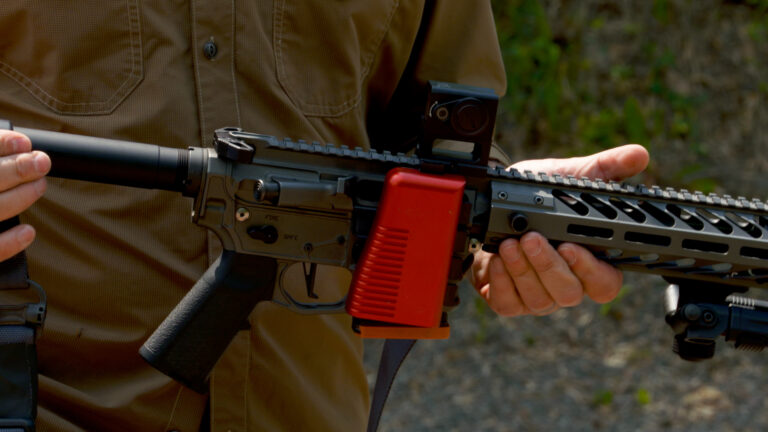
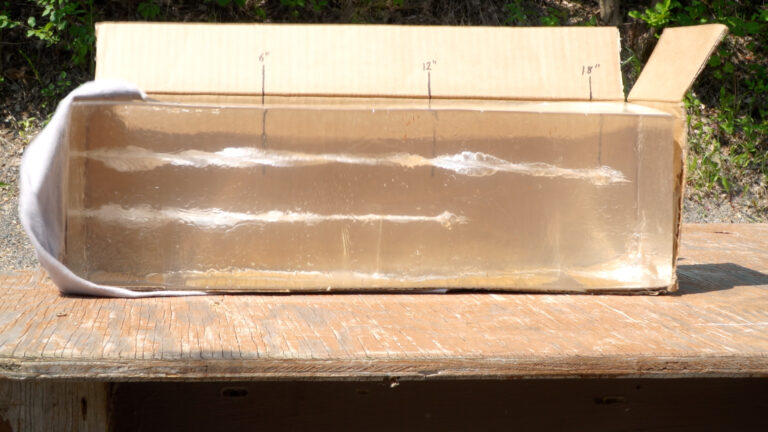
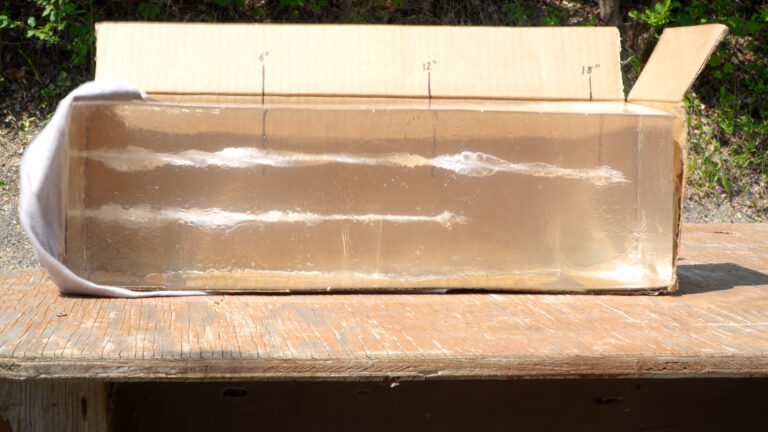
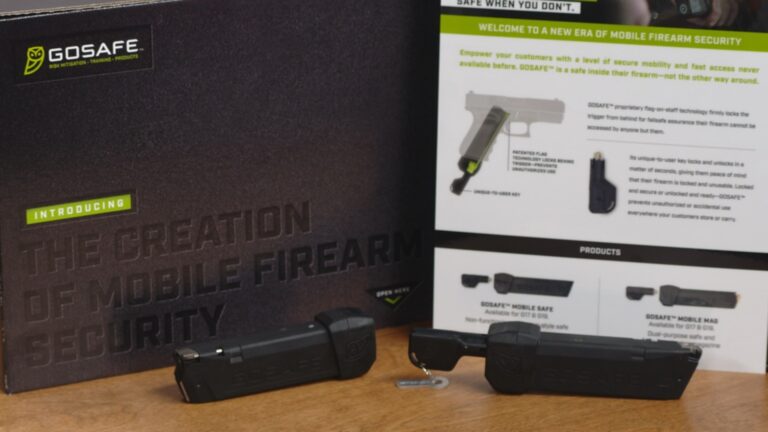
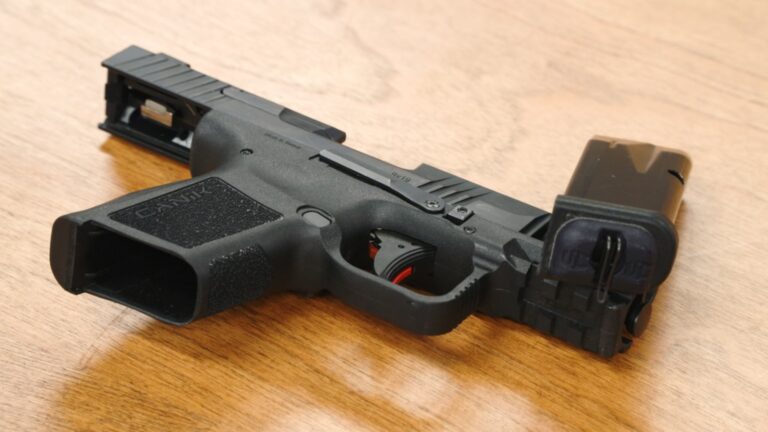
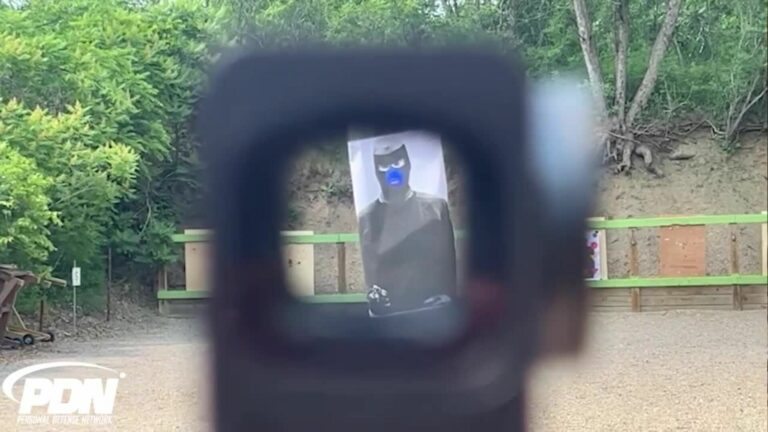
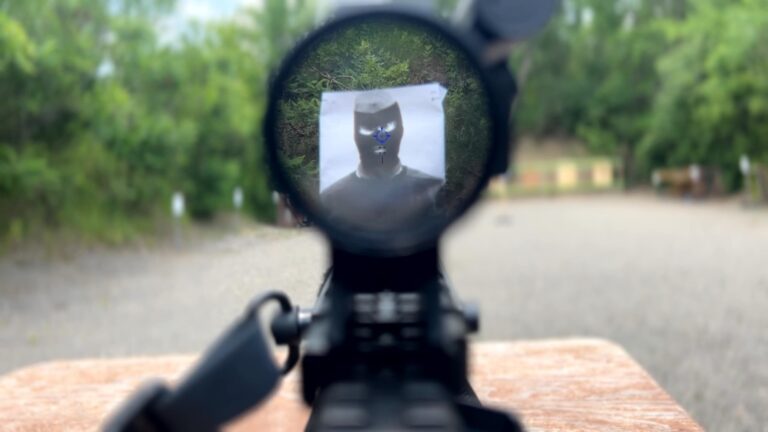
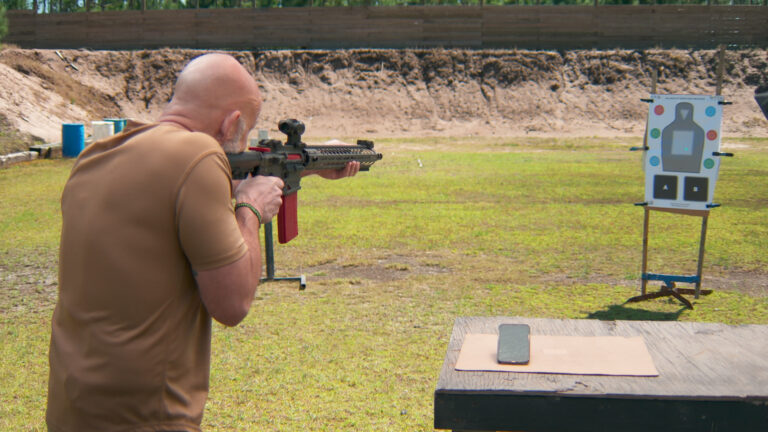

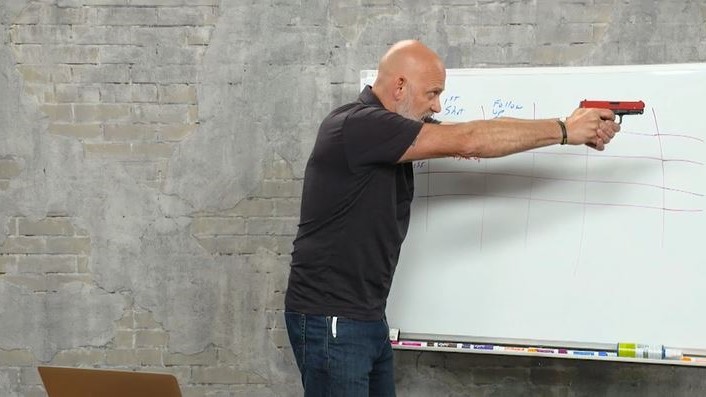





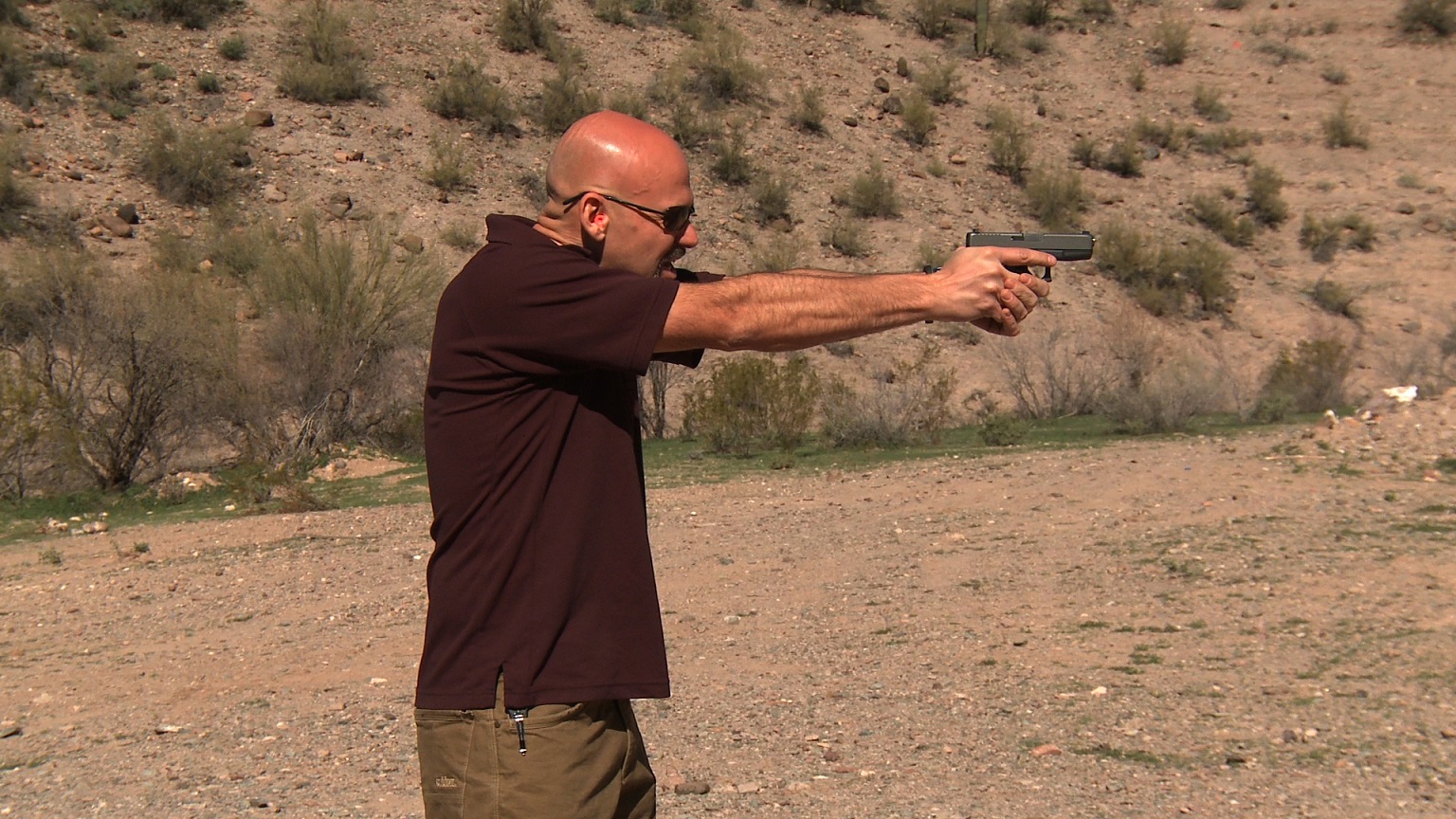
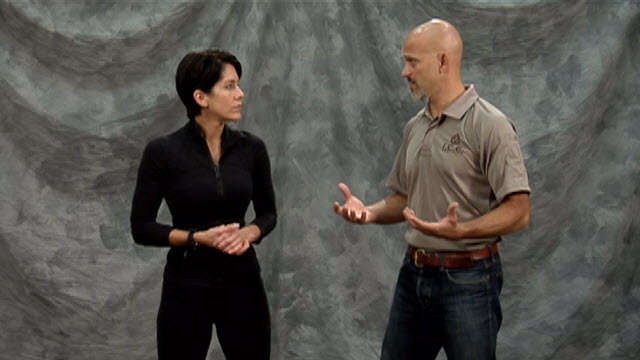






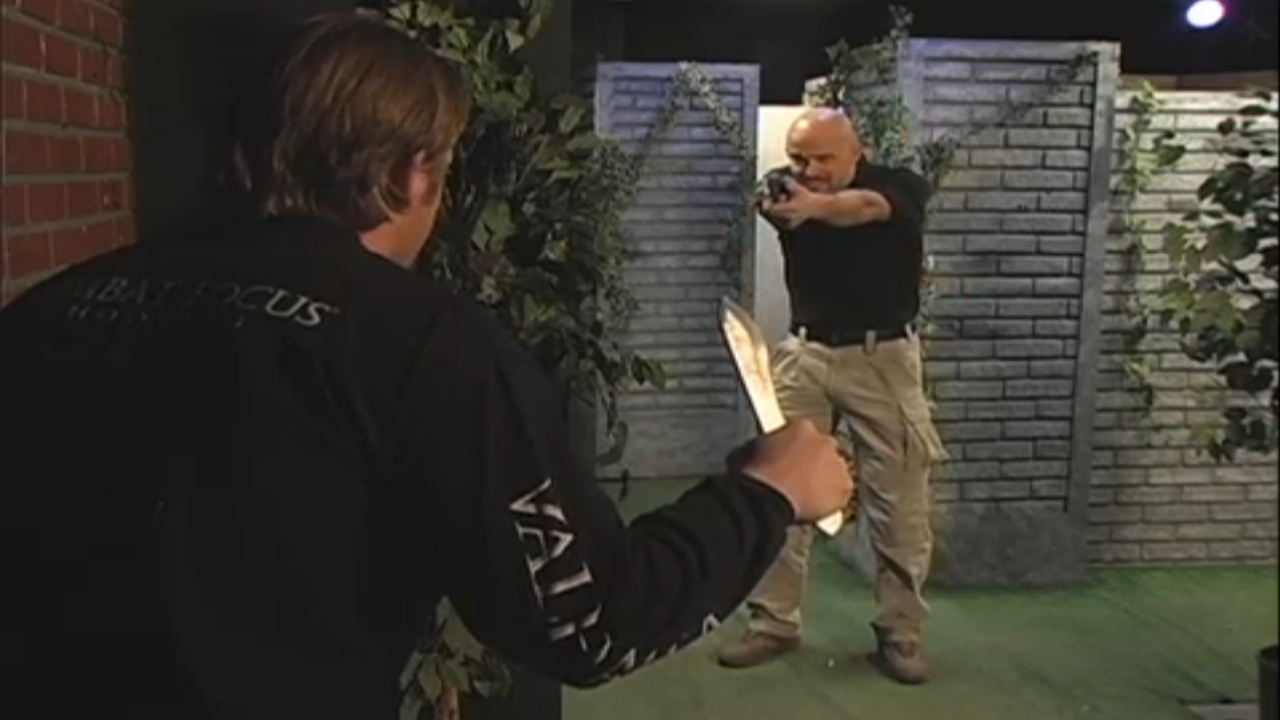






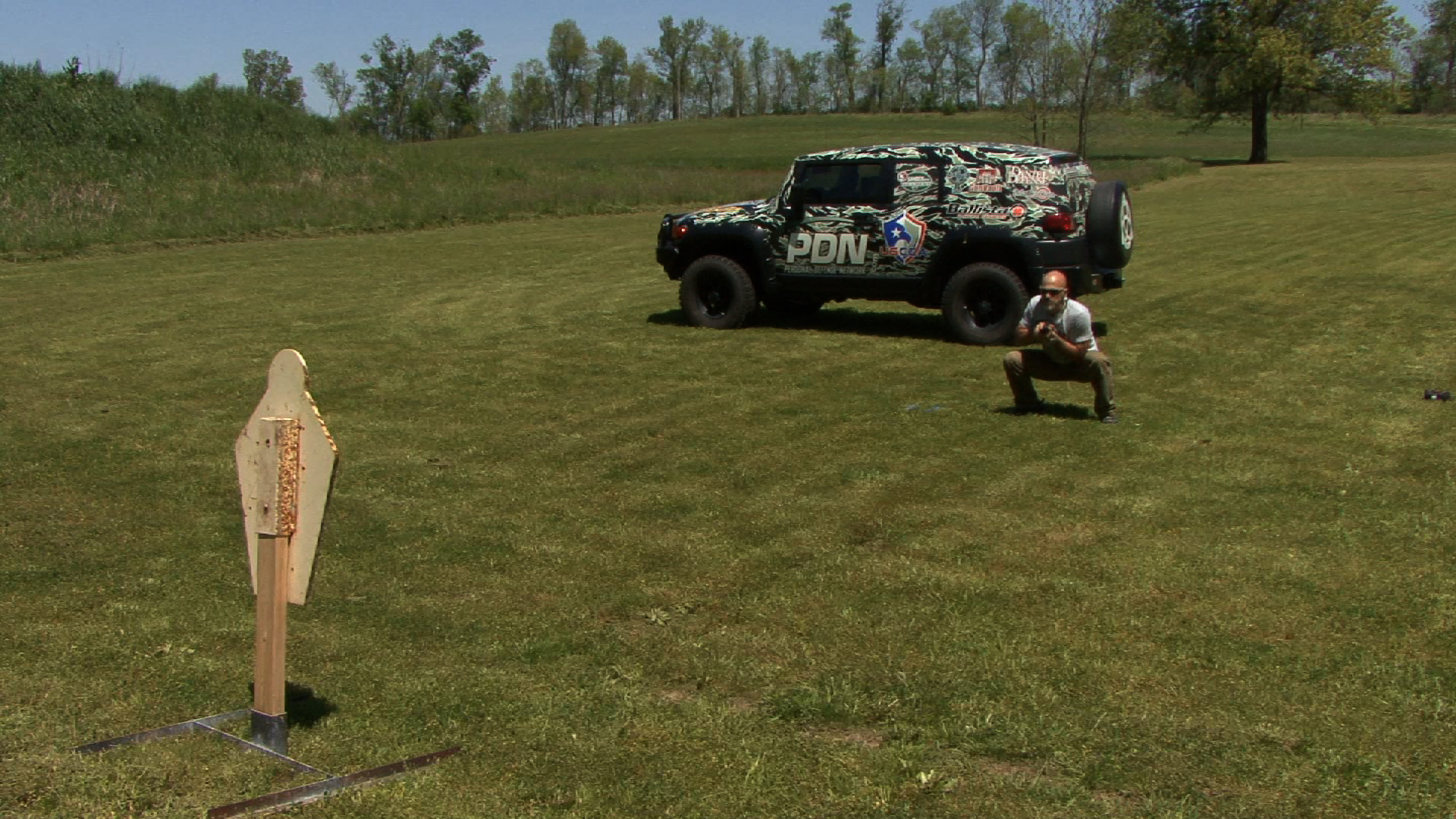



Share tips, start a discussion or ask one of our experts or other students a question.
Already a member? Sign in
No Responses to “Counter Ambush Concepts: Preparing Your Response Session 4: Preparation: Readiness vs. Anticipation”